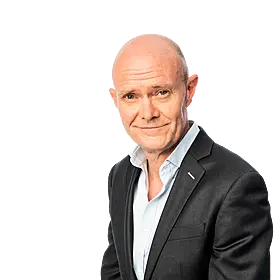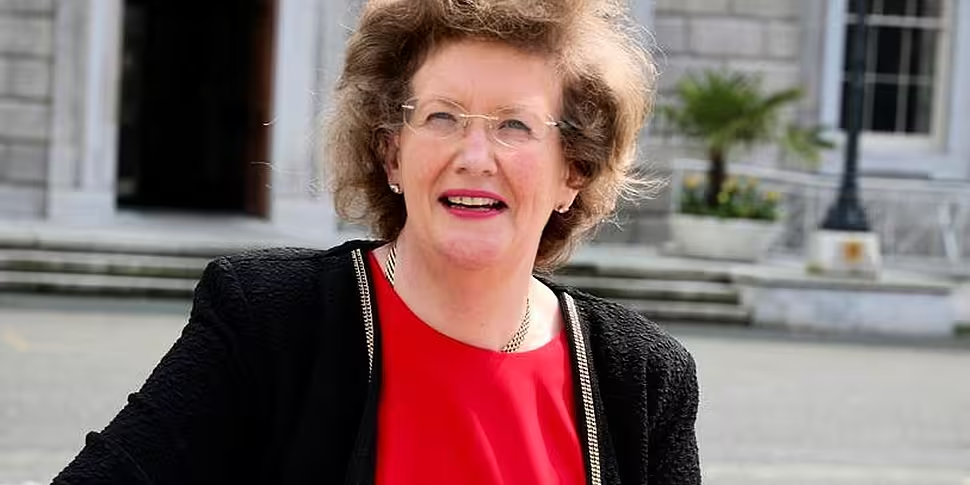The Government is planning to restore the public finances “through jobs and businesses, not austerity”, according to a Fine Gael senator.
Senator Maria Byrne was speaking after Tánaiste Leo Varadkar confirmed there will be an increase in the minimum wage in the coming year.
Business groups have criticised a potential increase to the minimum wage, suggesting it will increase costs for some employers.
It has also been reported that next month's Budget will include tax cuts and welfare increases, despite the huge toll of the pandemic on the public finances.
Senator Byrne, Fine Gael spokesperson on finance, told Newstalk Breakfast that some action is needed as inflation is higher than expected.
However, she said businesses do still have State support even amid an expected increase in the minimum wage.
She observed: “The Tánaiste has already indicated that as we come out of the pandemic, the employment wage subsidy scheme is being proposed to continue until 2022.
“We’ve got to protect both the workers and employers.
“Certainly the Government has been very proactive - I know there’s a very ambitious plan to restore the public finances through jobs and businesses, not austerity.
"The plan is to have 2.5 million people working in Ireland by 2024 - that will be setting a new record.”
Business reaction
Neil McDonnell, CEO of ISME, says they are expecting the minimum wage to rise from €10.20 to around €10.50 due to current consumer prices.
However, he said there are still several sectors that haven’t recovered from the dramatic impact of the pandemic.
He observed: “The issue in the economy, of course, is that in some sectors you almost have a wage war going on - businesses are competing for talent so hard that wages are rising very rapidly.
“In others, we still have very large numbers of people furloughed on wage supports - we expect large numbers of them to lose their jobs.”
Mr McDonnell suggested the national minimum wage is a “blunt instrument”, and that increasing the wage by €0.30 an hour won’t do much for people trying to live in areas such as Dublin.
He argued: “This sort of thing is optical - it doesn’t do a great deal for people, but does move up the cost base for those who use labour close to the national minimum wage.”
He also said there’s an “awful lot more meaningful [things] that can be done” for people on low wages, including changes to the social welfare system.









